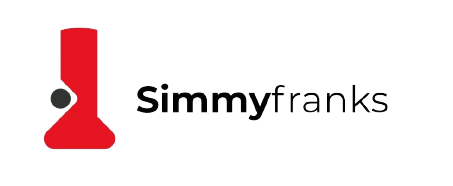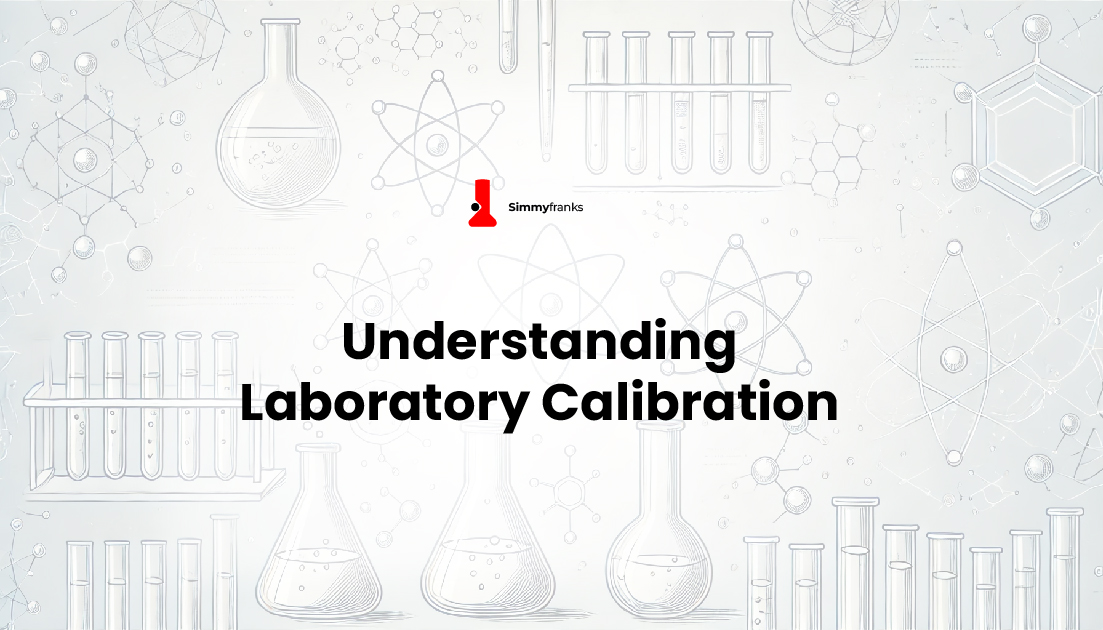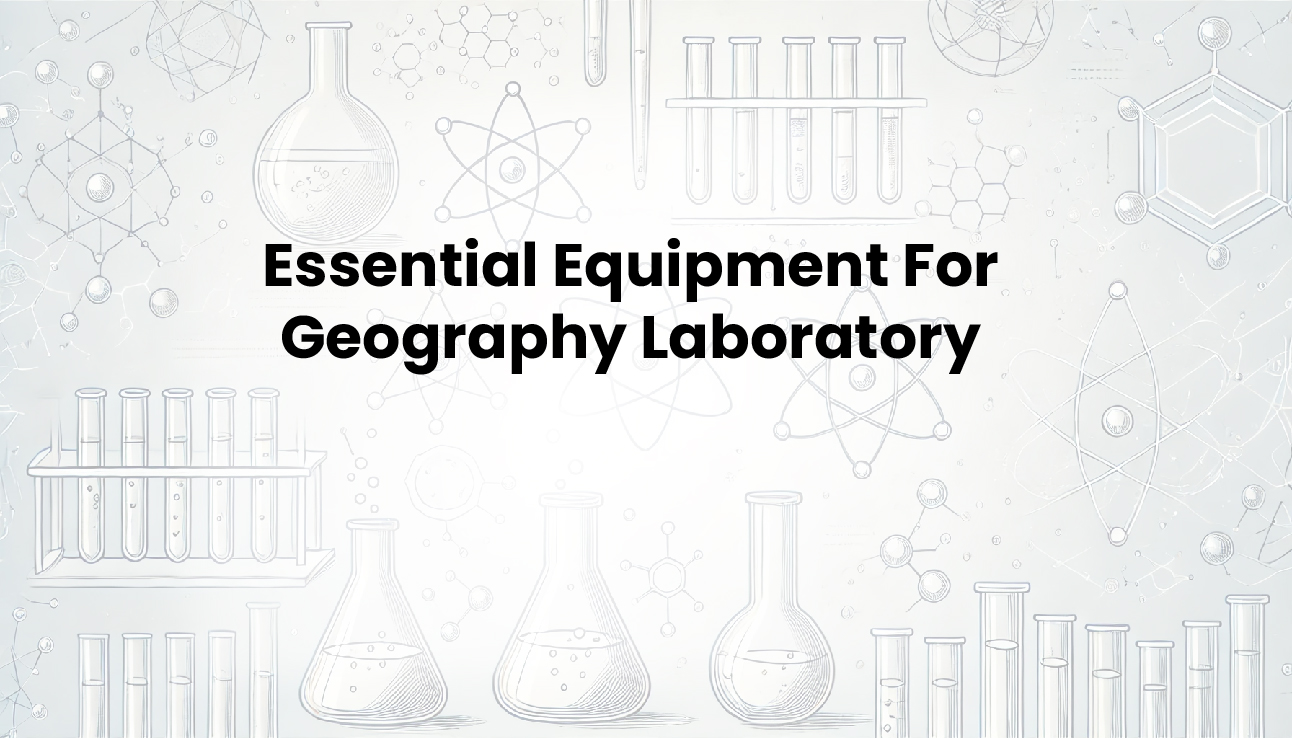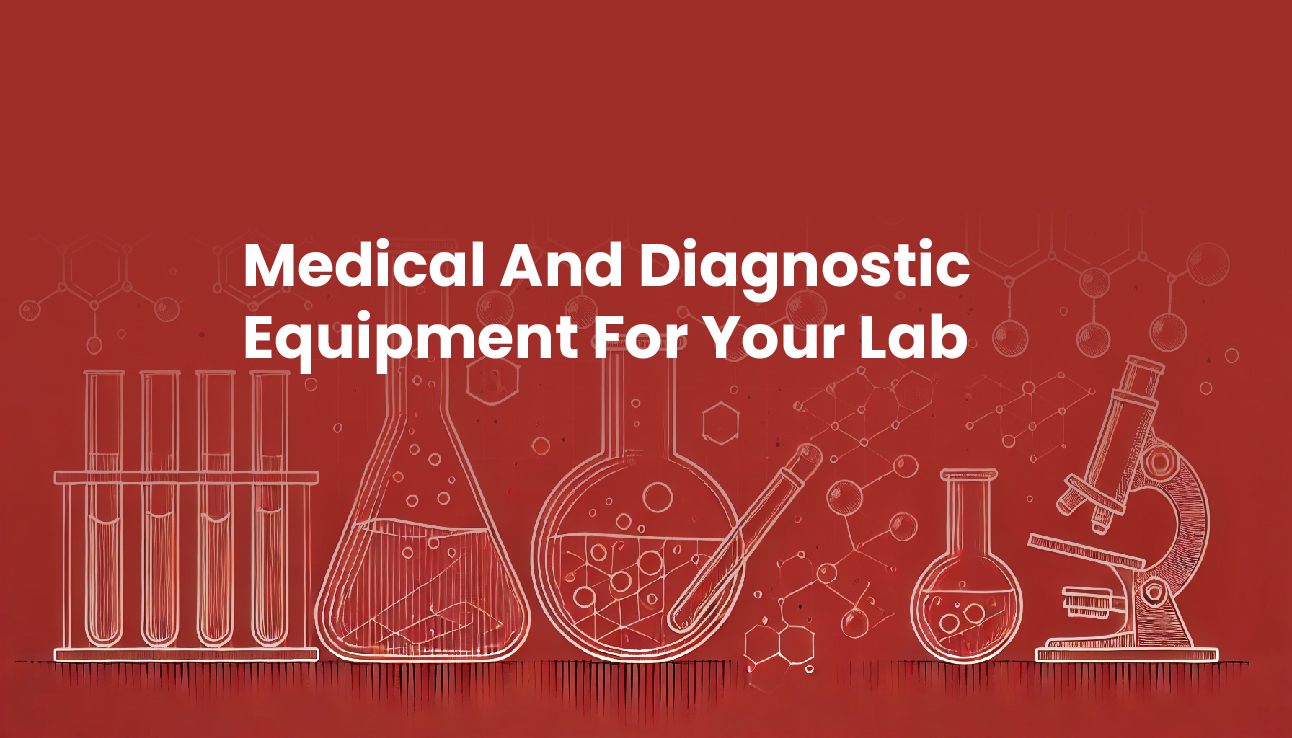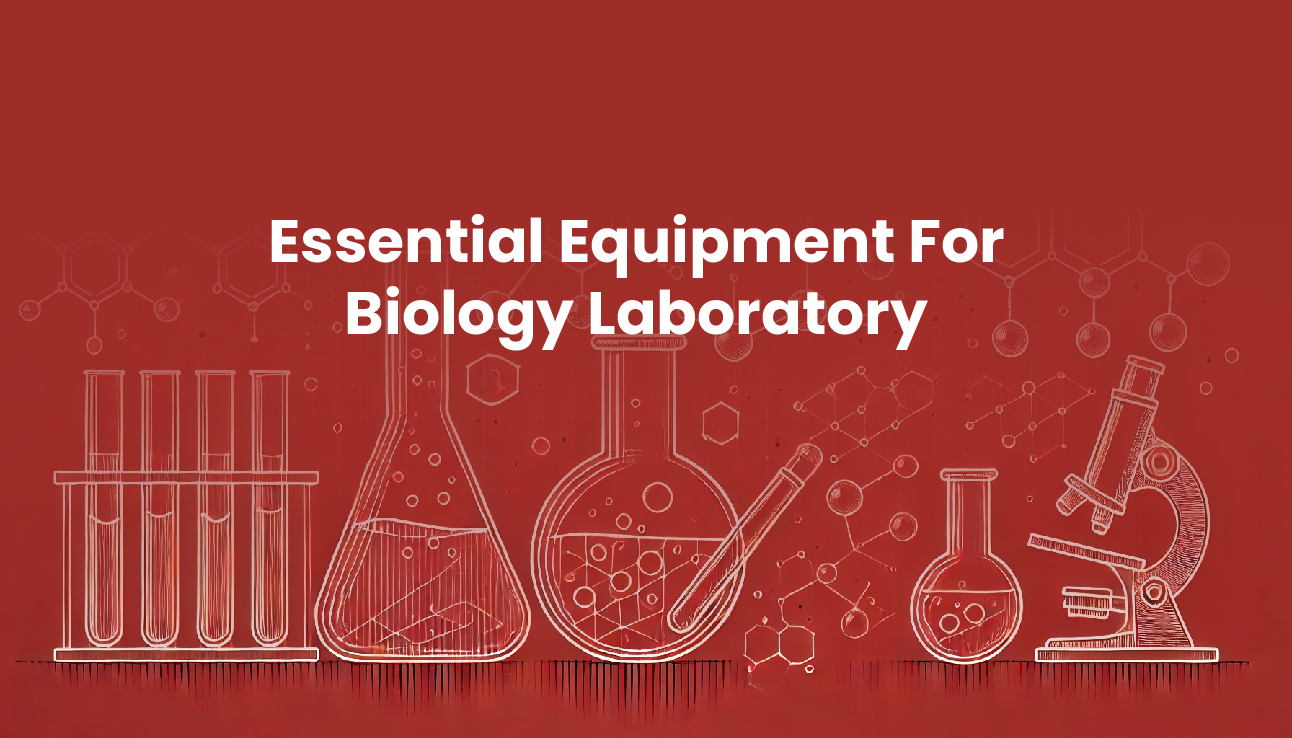The cost of laboratory equipment in Nigeria can vary significantly depending on the type and quality of the equipment needed. This article aims to provide a comprehensive review of the cost of laboratory equipment in Nigeria, highlighting the factors that affect pricing, and offering tips for affordable options.
Factors Affecting Laboratory Equipment Cost In Nigeria
The cost of laboratory equipment in Nigeria is influenced by several factors, including:
1. Importation cost:
Many of the high-quality laboratory equipment needed in Nigeria are not manufactured locally, so they must be imported from other countries. This can lead to high shipping costs, import duties, and other fees that drive up the overall equipment cost.
2. Currency exchange rate:
The Nigerian Naira has been quite volatile in recent years, which can make it more expensive to purchase equipment from foreign suppliers. This can make it difficult for institutions and researchers in Nigeria to afford the equipment they need to conduct their research.
3. Local manufacturers and assembly:
The lack of local manufacturing of laboratory equipment in Nigeria means that there is limited competition in the market, which can also drive up prices.
4. Quality and brand reputation of equipment:
High-quality equipment from reputable brands is priced higher due to the perceived value, accuracy and reliability.
The Cost Of Common Laboratory Equipment
Here are some approximate price ranges for common laboratory equipment:
- Microscope: N150,000 – N800,000
- Centrifuge: N100,000 – N600,000
- Pipette: N5,000 – N40,000
- Autoclave: N200,00 – N1,000,000
- Spectrophotometer: N300,000 – N2,000,000
- Incubator: N145,000 – N3,000,000
- Balance: N5,000 – N250,000
- Thermometer: N800 – N3,000
- Beakers: N2,300 – N47,800
- Test tubes: N800 – N3,000
- Bunsen burner: N3,000 – N5,000
- Hot plate stirrer: N40,000 – N140,000
- Water bath: N130,000 – N450,000
- pH meter: N18,500 – N200,000
- Erlenmeyer flask: N1,200 – N3000
- Reagent bottles: N2,000 – N5,000
- Fume hood: N1,500,000 – N4,000,000
Prices Comparison From Different Kinds Of Suppliers
With different suppliers offering similar products, it’s essential to compare prices to ensure cost-effectiveness.
Local suppliers:
Local suppliers offer convenience and quick delivery but often at a higher cost.
- Microscope: N150,000 – N300,000
- Centrifuge: N100,000 – N250,000
- Pipette: N5,000 – N20,000
International suppliers:
International suppliers offer competitive pricing but the shipping costs and importation fees can hike up the prices.
- Microscope: $500 – $2,000 (approximately N200,000 – N800,000)
- Centrifuge: $300 – $1,500 (approximately N120,000 – N600,000)
- Pipette: $20 – $100 (approximately N8,000 – N40,000)
Online marketplaces:
Online marketplaces offer competitive pricing but quality and authenticity may not be guaranteed.
- Microscope: $200 – $1,000 (approximately N80,000 – N400,000)
- Centrifuge: $150 – $800 (approximately N60,000 – N320,000)
- Pipette: $10 – $50 (approximately N4,000 – N20,000)
In summary, when purchasing laboratory equipment, consider quality, warranty, shipping, and payment terms. Local suppliers offer convenience, international suppliers offer competitive pricing, and online marketplaces offer affordability.
Strategies For Reducing Laboratory Equipment Costs in Nigeria
- Bulk purchasing and group procurement.
- Utilizing government grants and funding opportunities.
- Investing in maintenance and repair services for prolonged equipment lifespan.
- Negotiate prices.
- Consider local alternatives.
Get Your Laboratory Equipment From SimmyFranks
Whether you’re setting up a new laboratory or upgrading your existing equipment, SimmyFranks is your trusted partner in laboratory equipment.
At SimmyFranks we offer a wide range of high-quality laboratory equipment to meet your scientific needs. With a strong commitment to excellence and customer satisfaction, we provide:
- Top-notch equipment from renowned manufacturers.
- Competitive pricing and flexible payment options.
- Expert guidance and technical support.
- Timely delivery and installation.
- Comprehensive warranties and after-sales service.
Laboratory Equipment Cost In Nigeria: FAQ
1. What factors influence the cost of laboratory equipment in Nigeria?
The cost of laboratory equipment in Nigeria can vary depending on several factors. Some of the key factors that influence the cost include the brand and quality of the equipment, the complexity of the technology involved, the size and capacity of the equipment, and the supplier or vendor from which the equipment is purchased. Additionally, factors such as import duties, taxes, and shipping costs can also impact the overall cost of laboratory equipment in Nigeria.
2. Are there any government initiatives or programs that support the acquisition of laboratory equipment in Nigeria?
The Nigerian government has implemented various initiatives and programs to support the acquisition of laboratory equipment in the country. For example, the Federal Ministry of Science and Technology has established the National Research and Innovation Council (NRIC) to promote research and innovation in Nigeria. Additionally, the government has also provided funding and grants to support the purchase of laboratory equipment for research institutions and universities.
3. How can laboratories in Nigeria reduce the cost of acquiring laboratory equipment?
There are several strategies that laboratories in Nigeria can employ to reduce the cost of acquiring laboratory equipment. One option is to explore partnerships with other institutions or research organizations to share the cost of purchasing equipment. Additionally, laboratories can also consider purchasing refurbished or used equipment, which can be more cost-effective than buying new equipment. Finally, laboratories can also explore funding opportunities and grants to support the purchase of laboratory equipment.
4. What are some common challenges faced by laboratories in Nigeria when it comes to acquiring laboratory equipment?
One of the main challenges faced by laboratories in Nigeria when acquiring laboratory equipment is the high cost of purchasing and maintaining the equipment. Additionally, the lack of access to reliable suppliers and vendors can also pose a challenge for laboratories in Nigeria. Furthermore, the limited availability of funding and grants for research and development can also hinder the acquisition of laboratory equipment in the country.
Editor’s Recommendations
- How To Get The Right Repair And Maintenance Services For Laboratory Equipment
- Types Of Laboratory Designs For Your Lab
- Petroleum Testing Laboratory: How To Ensure Quality And Safety In The Oil And Gas Industry
- The Importance of Regular Maintenance for Laboratory Equipment
- Design, Construction, and Installation of Mobile Laboratory

